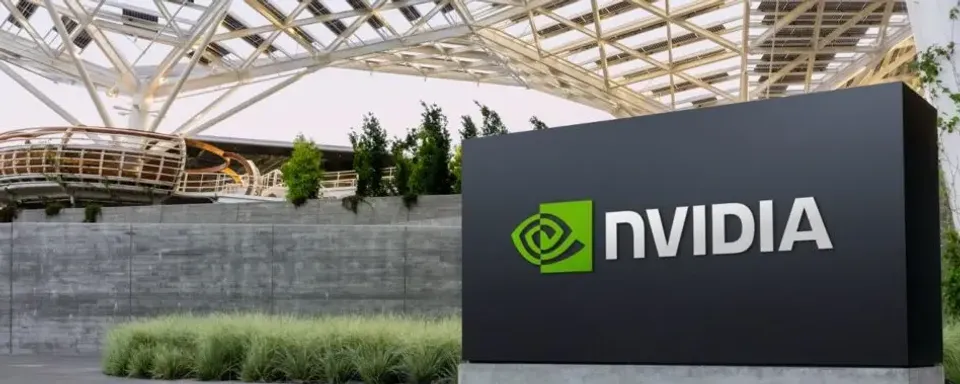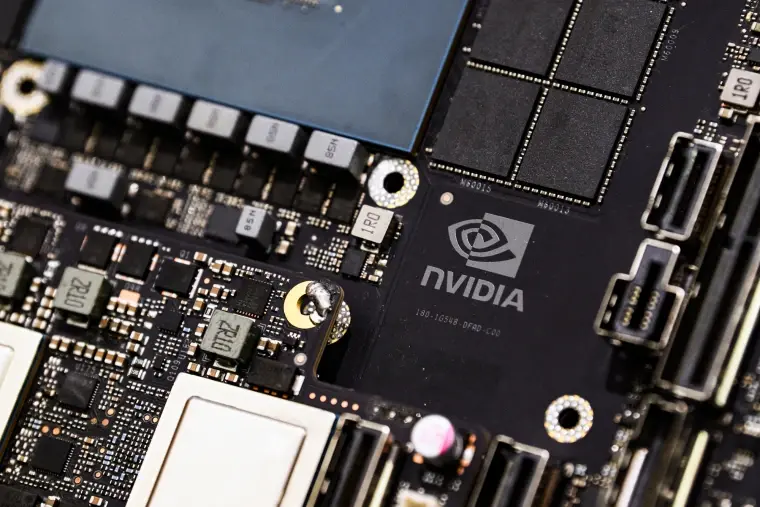crypto
hardcoreStake – official betting partner of Vitality

crypto
hardcoreStake – official betting partner of Vitality
Team up with
the champions! Stake – official betting partner of Vitality
News
10:58, 15.04.2025

Nvidia announced it will begin producing AI-based supercomputers directly in the United States. This marks the company's first foray into domestic manufacturing. Nvidia shared its plans in a blog post on Monday, revealing the construction of "American AI supercomputers" as part of a broader strategy to enhance U.S. technological independence and drive innovation.
The White House quickly linked Nvidia's announcement to the Trump administration's aggressive strategy to bring manufacturing back to the U.S. In a post on X (formerly Twitter), the official White House account celebrated “$500 billion in private manufacturing investments since Donald Trump took office”, calling it “the Trump effect in action”.
📈NEW FROM @NVIDIA: "Within the next four years, NVIDIA plans to produce up to $500 BILLION of AI infrastructure in the United States..." pic.twitter.com/i1HnvNV9pR
— The White House (@WhiteHouse) April 14, 2025
Interestingly, while advocating for new tariffs, Trump also calls for the repeal of the CHIPS Act — a bipartisan law passed in 2022 under President Biden that allocated $280 billion to develop the semiconductor industry in the U.S.
Nvidia's move is seen as a response not only to national security challenges and vulnerabilities in global supply chains exposed by the COVID-19 pandemic but also to the growing tech tensions between the U.S. and China. The company plans to collaborate with giants like TSMC, Intel, and others to manufacture its systems within the U.S.

Although the primary focus of the new plants is AI and corporate computing, the impact on the gaming world could be significant. Nvidia is a leading player in the gaming hardware market, and its advanced GPUs are often developed through the same innovative processes as AI technologies.

Domestic production could potentially ensure more stable GPU supplies in the U.S., possibly lowering prices and reducing supply chain delays that have plagued gamers in recent years.
However, the global situation is more complex. Trump's tariffs on Chinese technology imports, initially intended to stimulate domestic production, have also increased the cost of gaming hardware both in the U.S. and worldwide.

On a global scale, the situation is different: if Nvidia's "American" chips are prioritized for the U.S. market, gamers and PC builders in Europe, Asia, or developing countries may face shortages or higher prices.
Some of these tariffs are still in place and affect the import of components — particularly PC and console components, which are mostly produced in Asia. While Nvidia's U.S. plants may alleviate these issues domestically, international gamers may continue to face high prices if trade tensions between the U.S. and China do not ease.
Source
blogs.nvidia.com
No comments yet! Be the first one to react